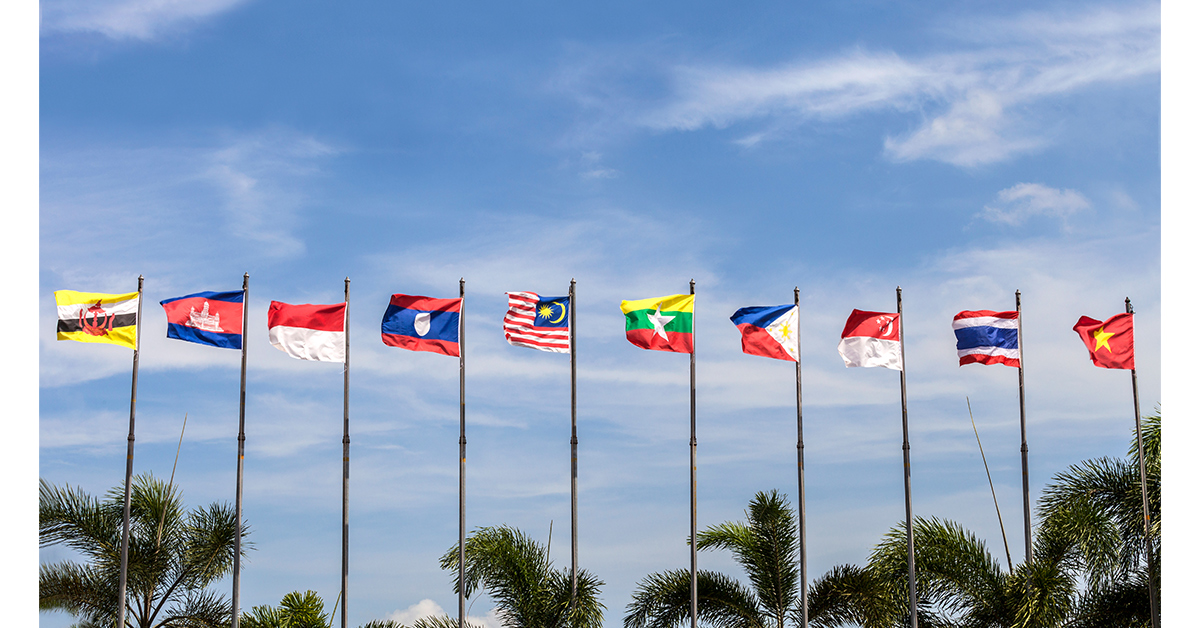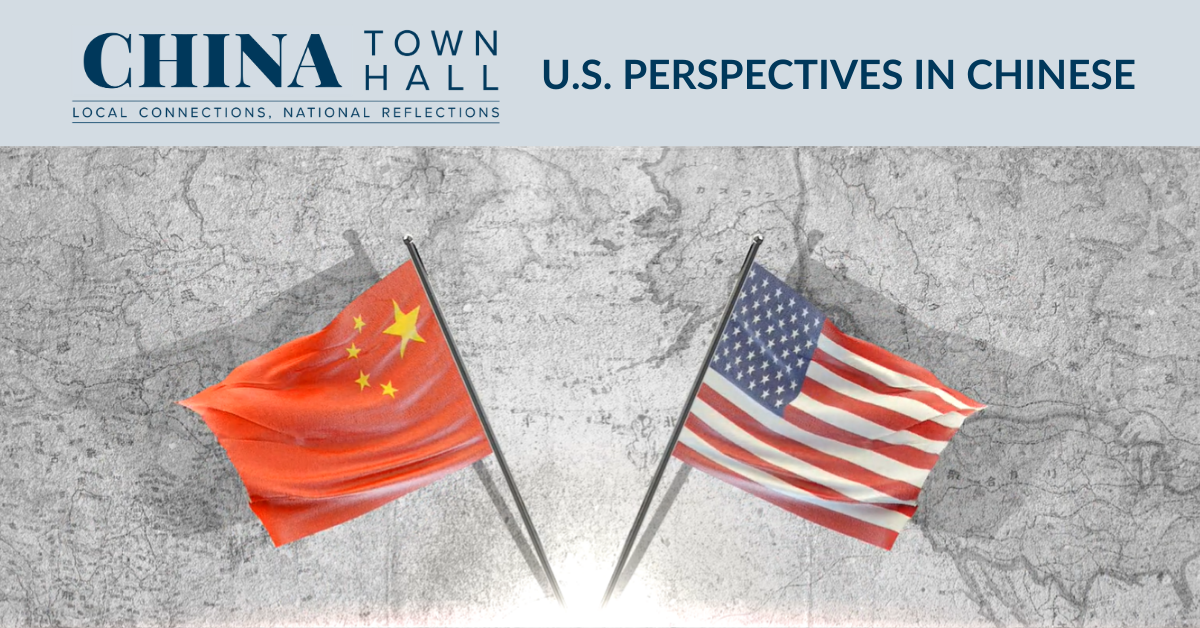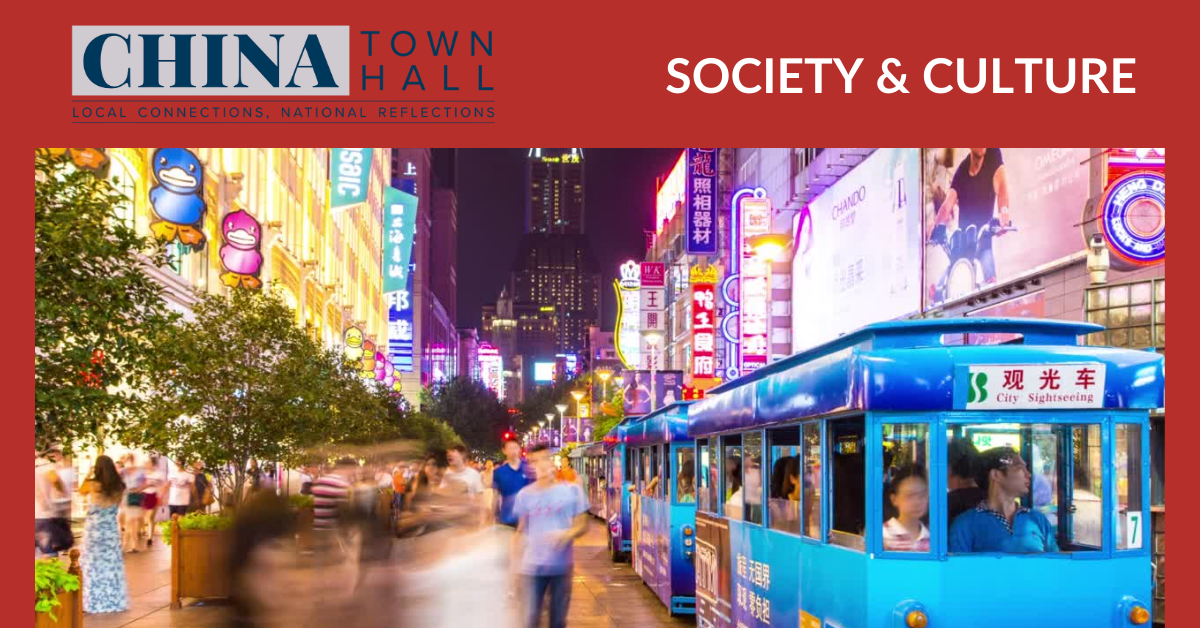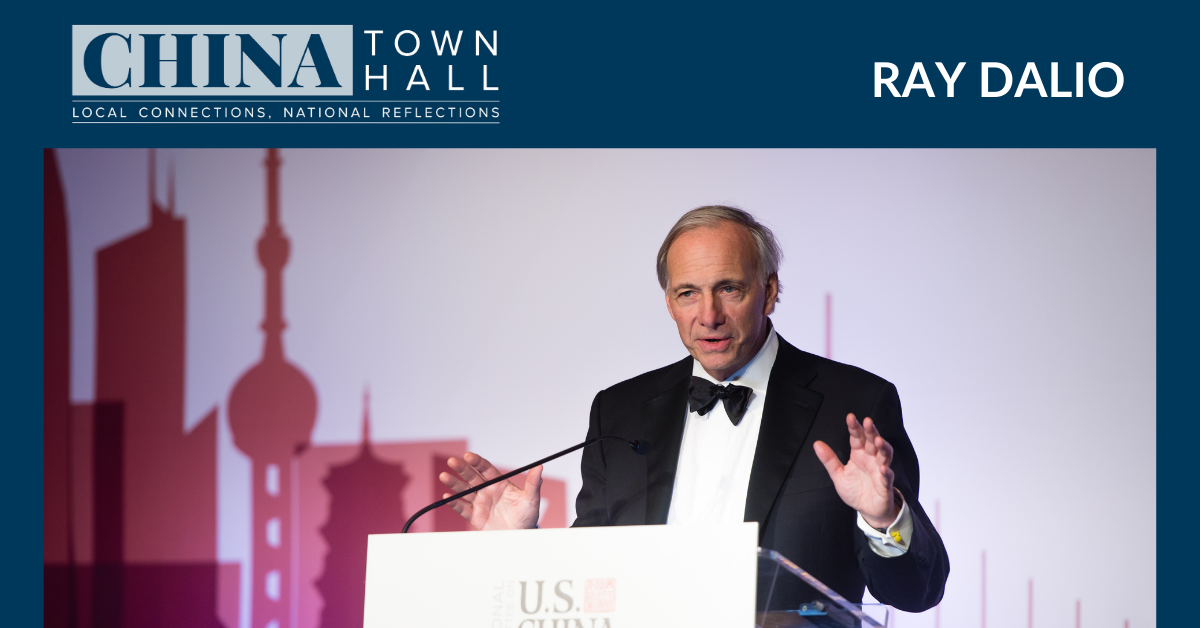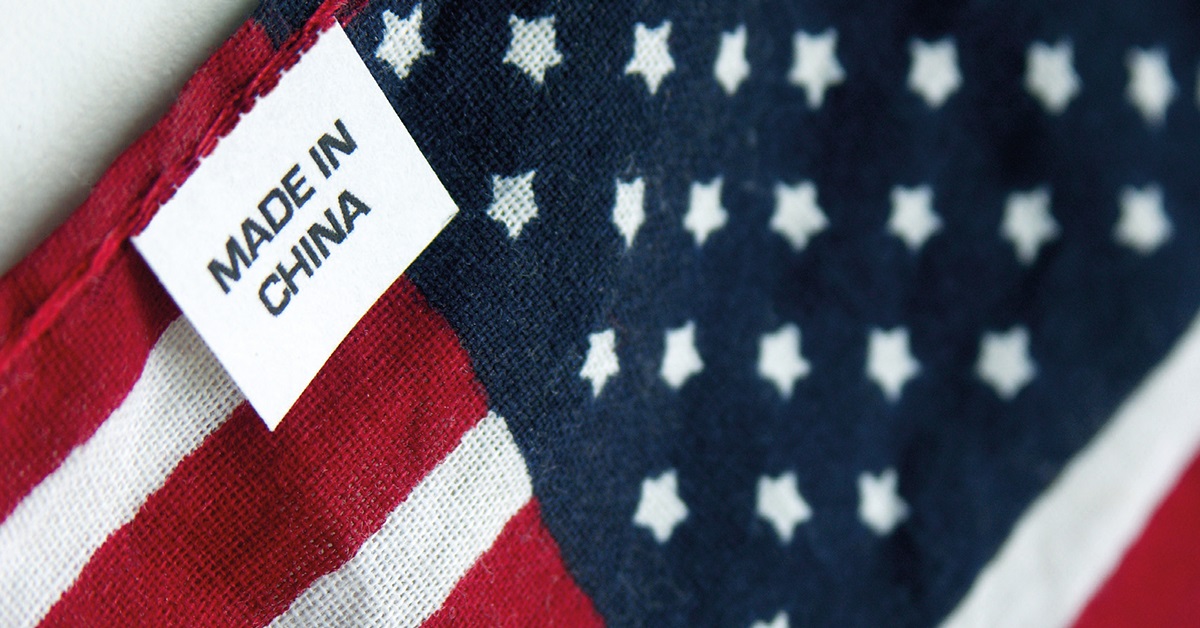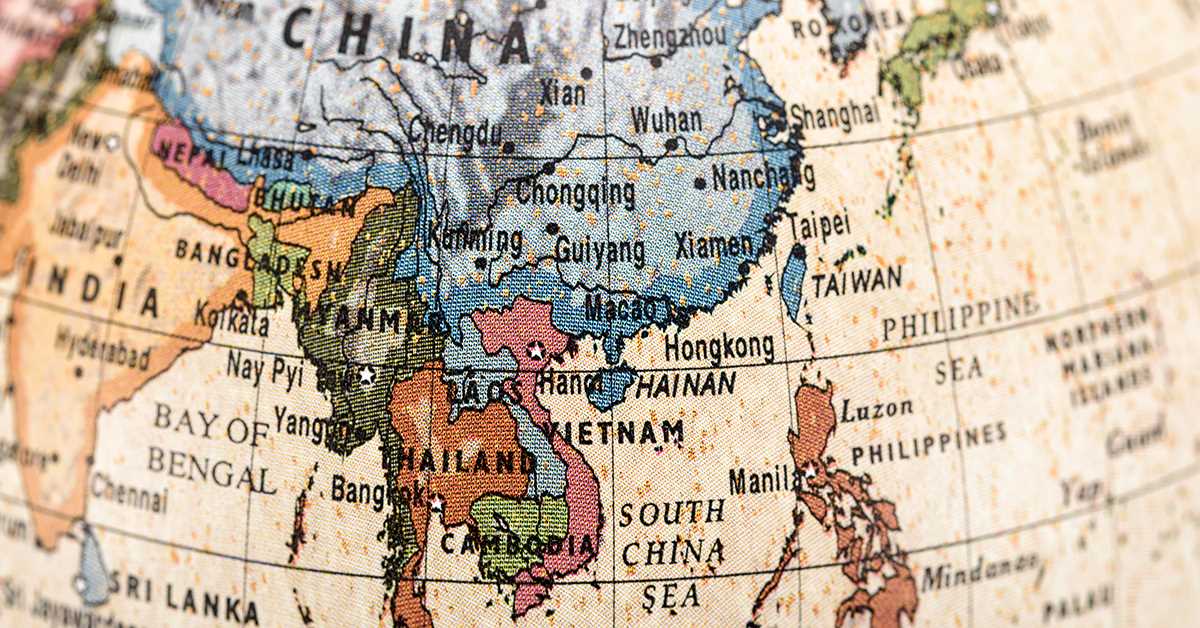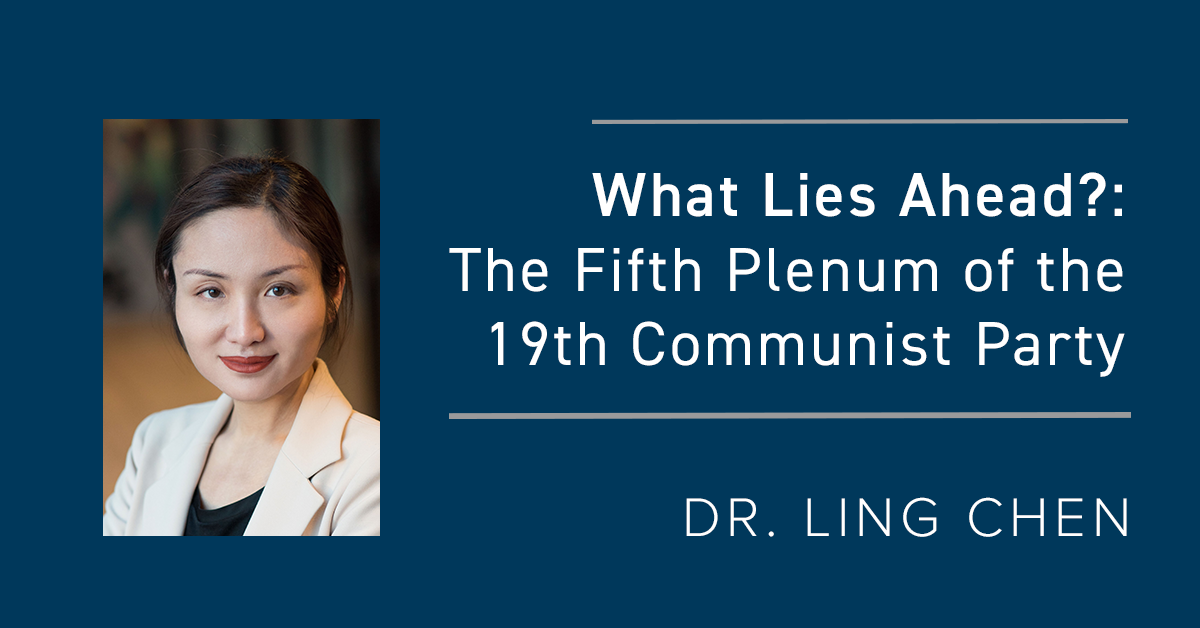Recent Events
David Shambaugh discusses the competition for power between China and the United States in Southeast Asia.
Mycal Ford, Eileen Huang, and Dolly Li discuss the history of Black and Asian tensions and solidarity, the impact of “Yellow Lives Matter” on our communities, and tangible acts of solidarity that will help to bridge the divide between these two groups.
As the United States and China face an increasing array of global issues, cooperation and coordination between the world's two great powers will be essential. Margaret Hamburg, Ryan Hass, and Angel Hsu examine this dynamic from the perspectives of climate change and global health, as both countries address the challenges and opportunities of the 21st century.
As trade tensions, political frictions, and COVID-19 fuel growing uncertainties in the highly interdependent U.S.-China economic relationship, a conversation among American and Chinese experts Amy Celico, Huang Yiping, and Andy Rothman examine current trade issues, opportunities for post-COVID economic growth, and prospects for the future of Sino-American economic ties.
In a Chinese-language conversation, American experts on China Robert Daly, June Mei, and Matt Sheehan share insights about how Sino-American relations have affected the lives of Americans, how perceptions of China are changing as a result, and how both societies can learn to have a more realistic and nuanced understanding of the other.
Explore the fascinating role that sports, food, and film play in the U.S.-China relationship: MLB China baseball operations manager Raymond Chang, Forbes 30 Under 30 restaurateur Lucas Sin, and film producer Janet Yang examine how aspects of our shared humanity can forge unique ties during times of political tensions, and how these rich intersections enhance American and Chinese society.
Renowned investor, philanthropist, and New York Times best-selling author Ray Dalio discusses today's most important issues, and the critical roles the United States and China play in an era of rapid global change.
China’s economic transformation of the last few decades has depended on an unskilled and poorly educated workforce; what will happen if the demands of the changing economic environment require better education and greater skills?
Shelley Rigger and Margaret Lewis discuss the risks and opportunities in U.S.-Taiwan relations now and after the election.
Eric Heikkila examines the role of a rising China in American economic, sustainability, and geopolitical policy-making.
How does U.S. foreign policy affect the nations of Southeast Asia and their relationships with China?
Dr. Ling Chen examines likely outcomes from the upcoming Fifth Plenum of the 19th Chinese Communist Party.
